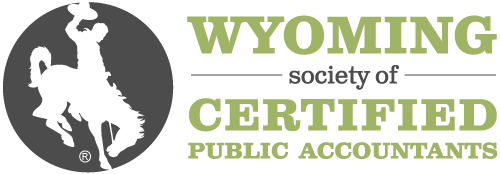Description
Robotic process automation (RPA) possesses several features that may give rise to similar but also new adoption effects (both benefits and challenges) relative to other information technology (IT) implementations. This study adds to the accounting and emerging technologies literature by examining the beginning-to-end process through which RPA is implemented in the accounting function. We adopt an exploratory and case-centered research methodology based on a mature RPA implementation in an accounting setting. We further corroborate it with interviews with subject matter experts and compare it with another case study of an early-stage RPA implementation. We identify five themes related to RPA adoption in accounting functions: workforce, IT governance, privacy and security, system sustainability, and the measurement of RPA success. We'll also present key takeaways that may support effective RPA adoption in accounting.
Highlights
- Robotic Process Automation
- Accounting
Objectives
- Apply principles of IT governance to evaluate and design an RPA implementation plan for an accounting function.
- Integrate privacy and security protocols into an RPA framework for accounting processes to mitigate potential risks.
Designed For
Practitioners and academics
Course Pricing
WYOCPA Member Fee
$49.00
Non-Member Fee
$59.00
Your Price
$59.00
Upcoming Courses
-
Surgent's Fiduciary Income Tax Returns - Form 1041 Workshop with Filled-in Forms
October 17, 2025
-
Risk Management Techniques and Tools
October 17, 2025
-
Surgent's Advanced Audits of 401(k) Plans: Best Practices and Current Developments
October 17, 2025
View all upcoming courses
